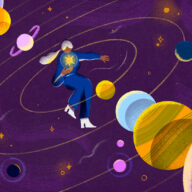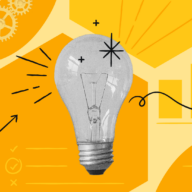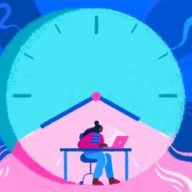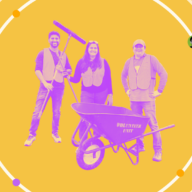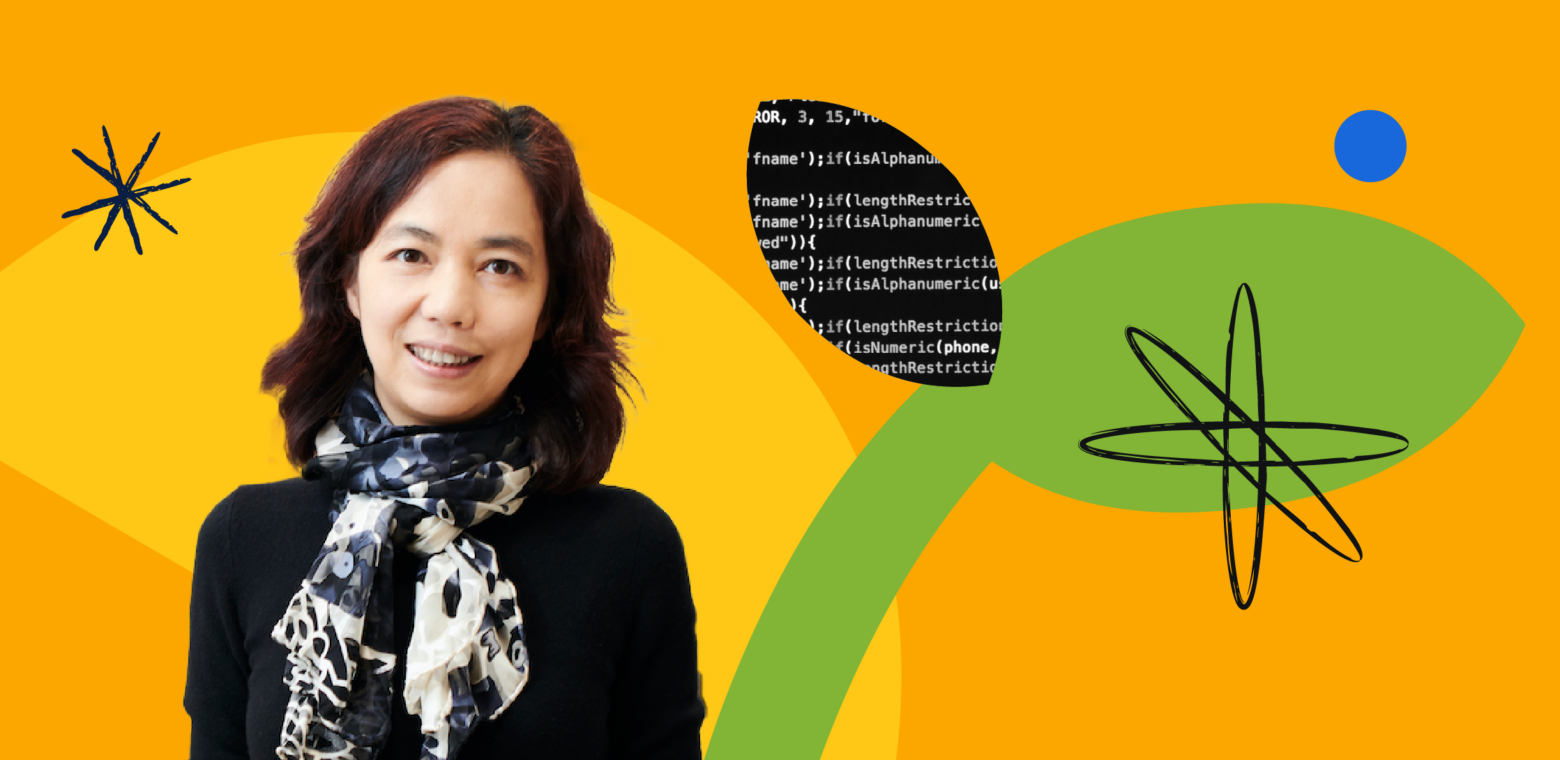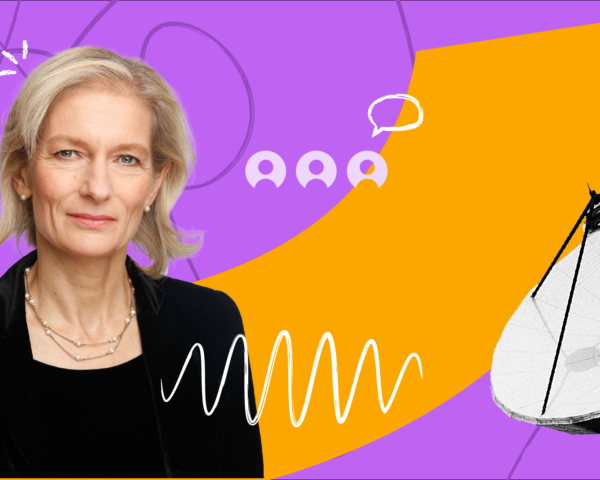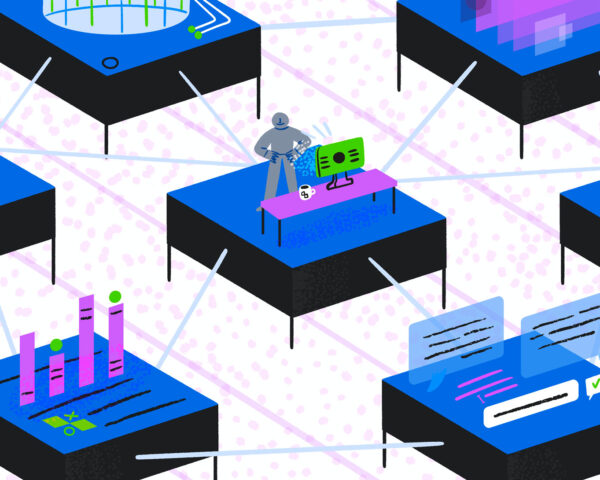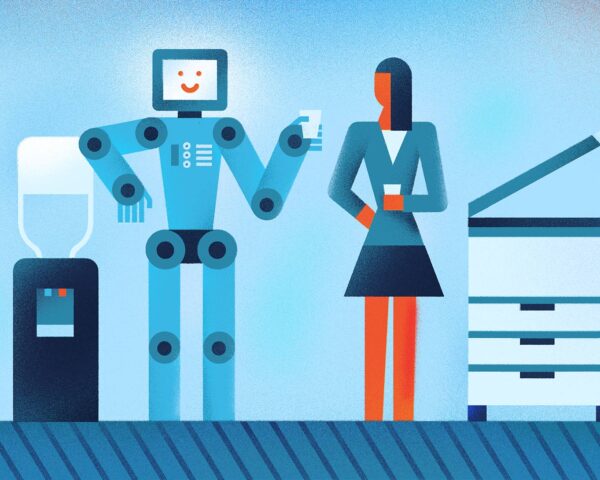In 2018, Dr. Fei Fei Li stood outside the doors of Congress, preparing to present to lawmakers about a technology that had everyone on edge: Artificial Intelligence. By that time, a computer had beaten the human world champion at “Go” and Google’s self-driving cars had just launched. Suffice it to say, there were a multitude of questions in the private and public sphere about the capabilities, limits, and future of AI technology.
Widely considered “the godmother of AI,” Dr. Li has decades of experience with artificial intelligence. She is the inventor of ImageNet and the ImageNet Challenge, was Vice President at Google, and is currently the Co-Director of Stanford’s Human-Centered AI Institute. Immigrating to the United States as a teen, Dr. Li learned English as a second language and went on to graduate with high honors from Princeton, later receiving a PhD in electrical engineering from the California Institute of Technology. Today, in addition to her work at Stanford, Dr. Li serves on the board of several companies and non-profits, including AI for All (an Atlassian DEI partner), which she co-founded. She also authored a memoir published in 2023, The Worlds I See: Curiosity, Exploration, and Discovery at the Dawn of AI.
Dr. Li presented at our annual Team conference to discuss AI and its impact on society and the world of work.
Your recent book opens with your presentation to the 2018 Congressional Hearing on Artificial Intelligence, Energy, Research, and Technology. At the time there was a lot of fear about AI, and here we are in 2024 and AI is driving the conversation more than ever. What do you think has changed in public perception about AI since that time?
Everything has been dialed up. Everything that happened back then is amplified, but there’s also more complexity – in 2018, AI didn’t completely work yet. There were pockets of AI that were amazing, like AlphaGo and self-driving cars. But for the majority of people, AI was still far removed from them.
Today, a school kid can use ChatGPT to write an essay (so teachers have to worry about cheating), and a small business can use it for customer service. AI has come of age, and that can impact everyone, every job. There’s excitement, anxiety, concern, hope, and all the emotions in between.
What aspects of AI excite you the most as you see all of the possibilities emerging?
I just cannot wait for AI to improve health care. So much of humanity is the self-dignity of being healthy and well, especially in an aging society.
I see AI as a tool to augment us in our scientific discovery, communication, productivity, and keeping people from harm’s way, such as disaster relief rescue. But augmentation is also magnification, and if we are not careful, this tool can be used in bad ways. Sometimes, we create something that becomes a challenge we have to face – It’s in our DNA, it’s how our evolution works. And this is absolutely a tremendous technological innovation we created, and it’s also a tremendous challenge we have to face. Honestly, what bugs me the most is people miscommunicating AI, and that has totally increased. We need to be responsible communicators of this technology.
Can you give me an example of some of the miscommunications about AI that you see frequently?
Yes, most of it is either extreme edification or radical statements. We’ve got people that say this is everything. You’ve got infinite productivity and infinite time. Then there is the other side that says “this is the end of humanity. It’s human extinction.”
There is a lot of extreme talk, and I would love to see more factual, informative, and constructive conversations.
What are the ways you think workers should prepare for AI in the workplace? What benefits will they see?
That’s such a great question. And look, this is an individual responsibility as well as a collective one, and we do have to recognize that this is going to change jobs.
Now, I want to be very clear: every job today is a collection of tasks. And AI right now will be able to tackle different tasks in different ways. How that impacts jobs is a complex issue.
I don’t want to be the person who goes out and says we’re all out of a job, but I also don’t want to be the person who says to just chill, everything is good.
Every technological change creates societal pain, labor market shifts, and social issues. So as individual workers, we need to recognize this historical moment and respond to it.
For example, if you’re a marketer, it’s important to think about how to use this tool to your advantage. It’s important to recognize your strengths compared to AI’s strengths and use AI’s strengths. If you try to make yourself compete with AI, well, that might not be the smartest move. But using AI to your advantage is a smart move.
How would you imagine the workday of the future? What does that routine look like?
Oh, wow. It’s so different for every industry. I think a really, really idealistic and fundamental view of the workday would be that people feel fulfilled, respected, and dignified in their work.
No matter what you do, whether it’s gardening or surgery, coding or teaching, I hope that as machines get smarter to help you work better, you’ll continue to have these important values underpinning the work.
It’s complicated with AI. For example, I work in healthcare and technology that helps keep patients safe. One of the research projects we have been working on is hand hygiene for clinicians – AI can help remind our clinicians that they need to wash their hands properly before interacting with patients.
On the surface it sounds like a no-brainer to deploy that technology. You want to use it because hospital-acquired infection kills a lot of American patients. As a patient or family member, I would want maximum monitoring.
But as a clinician or a nurse, now I suddenly have a surveillance system that is reminding me of my hand hygiene practice. Now, should I have that? On the one hand, I think I should because that makes my productivity higher quality. On the other hand, does that give me self-agency and make me feel dignified?
I say this not to give an answer, but to show the complexity. We all want patients to be safe, but we also want to feel a sense of agency and self-determination at work. That’s the tension there. And you can apply it to all kinds of jobs.
What you’re saying is that we want our AI applications to empower workers and produce positive outcomes in the world. For example, I hope that AI will help me reduce the hours I spend triaging emails and communications.
Yes, so what if there are AI agents that actually improve your email? That sounds great, right? That’s productive.
But to take one tiny step forward, what if your boss used the same AI technology to evaluate the quality of your work? How would you feel about that? It’s the same technology. Your boss might feel great about it. Would you?
No way! I would want a human representation of my performance as well. Not just AI.
Also, who is AI to judge my work? Right, people will have complex relationships with it.
What skills do you think people need to start developing now to be ready for the future of AI? Is it prompt engineering or something more than that?
Well, it really depends. I’m an educator and I still believe the most important skill for a person is the growth mindset. In the short term, it could be prompt engineering or coding, but we don’t really know for sure. But open-mindedness, curiosity, and willingness to learn are timeless.
What about the future generation of workers? Our teens? Should parents be investing in having their teens learn about AI?
I get this question a lot from anxious parents. And I jokingly say that the most important thing for teens is to love their parents, so their parents need to chill out.
I will never say every teen out there should learn to code. I think the beauty of our humanity is the diversity in who we are, how we think, our talents, our passion – maybe even more so in the machine age.
We should raise our new generations to be full humans, not machines. So for instance, now tech jobs are on the rise, but the arts will never go away. People caring for each other will never go away. Creativity will never go away. Scientific investigation will never go away.
So, whoever you are, embrace that part of you and keep using and updating your knowledge of these tools. That’s important. Just like grownups, teens should have a growth mindset.
Thank you so much, Dr. Li. How can people stay in touch with your work?
Thank you! People can subscribe to the newsletter of Stanford Institute for Human Centered AI. Or follow me on Twitter/X.





 )
) 



